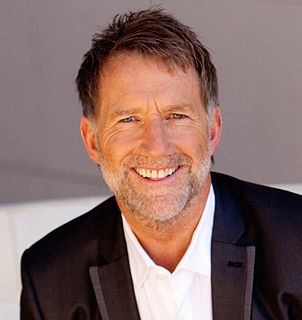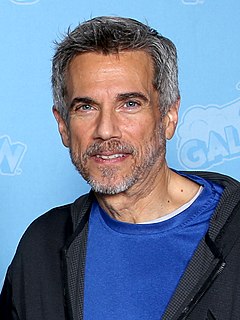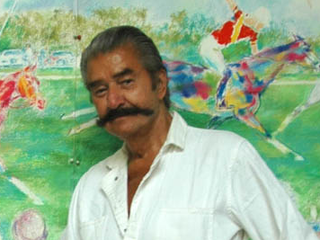A Quote by Muriel Barbery
How to measure a life's worth? The important thing, said Paloma one day, is not the fact of dying, it is what you are doing in the moment of your death.
Related Quotes
But we are not interested in death at all: rather, we escape the facts, we are continuously escaping the facts. Death is there, and every moment we are dying. Death is not something far away, it is here and now: we are dying. But while we are dying we go on being concerned about life. This concern with life, this over concern with life, is just an escape, just a fear. Death is there, deep inside - growing.
When one existentially awakens from within, the relation of birth-and-death is not seen as a sequential change from the former to the latter. Rather, living as it is, is no more than dying, and at the same time there is no living separate from dying. This means that life itself is death and death itself is life. That is, we do not shift sequentially from birth to death, but undergo living-dying in each and every moment.
On the surface it seems that the present moment is only one of many, many moments. Each day of your life appears to consist of thousands of moments where different things happen. Yet if you look more deeply, is there not only one moment, ever? Is life ever not this moment? This one moment, now, is the only thing you can never escape from. The one constant factor in your life. No matter what happens. No matter how much your life changes. One thing is certain. Its always now. Since there is no escape from the now, why not welcome it, become friendly with it.
And that's how things are. A day is like a whole life. You start out doing one thing, but end up doing something else, plan to run an errand, but never get there. . . . And at the end of your life, your whole existence has the same haphazard quality, too. Your whole life has the same shape as a single day.
Change the emphasis, turn your attention around. If you become concerned with death, your life comes to be revealed to you for the first time, because the moment you become at ease with death you have gained a life that cannot die. The moment you have known death, you have known that life which is eternal.
The secret of the truly successful, I believe, is that they learned very early in life how not to be busy. They saw through that adage, repeated to me so often in childhood, that anything worth doing is worth doing well. The truth is, many things are worth doing only in the most slovenly, halfhearted fashion possible, and many other things are not worth doing at all.
She said, "It's not life or death, the labyrinth." "Um, okay. So what is it?" "Suffering," she said. "Doing wrong and having wrong things happen to you. That's the problem. Bolivar was talking about the pain, not about the living or dying. How do you get out of the labyrinth of suffering?... Nothing's wrong. But there's always suffering, Pudge. Homework or malaria or having a boyfriend who lives far away when there's a good-looking boy lying next to you. Suffering is universal. It's the one thing Buddhists, Christians, and Muslims are all worried about."
There's no greatest moment in the arts. It's a life; it's a continuity thing. You can't have a great moment because it's spiritual. It's a belief; it's a calling. If you're an artist, doing your own thing on your own, it's while you're doing it that counts. It's a process. If you get too elated, you can get too depressed.






































